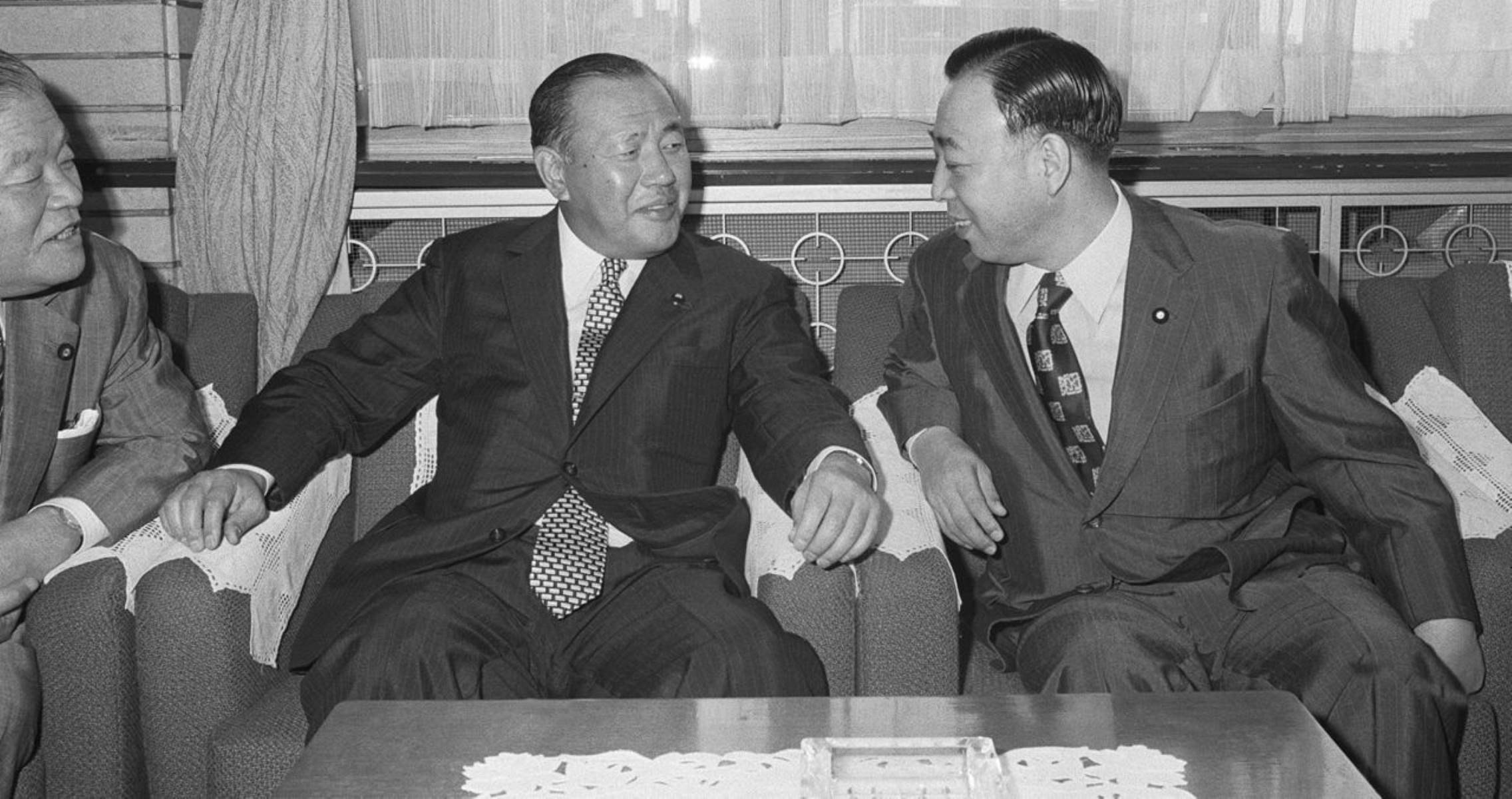
Kakuei Tanaka, the legendary Japanese politician, left an indelible mark on the country’s political landscape. Known for his powerful leadership and charisma, Tanaka held various high-ranking positions, including serving as the prime minister of Japan from 1972 to 1974. His political career spanned over three decades, and during his time in office, he implemented numerous reforms that shaped Japan’s economy and infrastructure.
However, there is much more to Kakuei Tanaka than meets the eye. Behind his political persona, there are fascinating and lesser-known facts that paint a captivating picture of the man behind the scenes. From his rise from humble origins to his involvement in controversial scandals, here are nine extraordinary facts about Kakuei Tanaka that shed light on his complex and intriguing life.
Key Takeaways:
- Kakuei Tanaka was a charismatic and influential Prime Minister of Japan who led the country to unprecedented economic growth and played a crucial role in improving relations with China.
- Despite facing corruption scandals, Tanaka’s pragmatic leadership and visionary approach continue to shape Japanese politics, leaving a lasting impact on the nation’s history.
Kakuei Tanaka was the Prime Minister of Japan from 1972 to 1974.
Kakuei Tanaka, a prominent Japanese politician, held the position of Prime Minister of Japan from 1972 to His tenure was marked by significant economic growth and political reforms.
Tanaka played a key role in strengthening Japan’s economy.
During his time as Prime Minister, Tanaka implemented policies that focused on boosting Japan’s industrial sector and promoting trade. This led to a period of unprecedented economic growth, often referred to as the “Tanaka Boom.”
He was known for his charisma and strong leadership.
Kakuei Tanaka was a charismatic leader and had a strong presence in Japanese politics. He was often described as a powerful and influential figure who could influence political outcomes through his persuasive skills and strategic maneuvering.
Tanaka was involved in several corruption scandals.
Despite his political achievements, Tanaka’s career was marred by allegations of corruption. He faced charges related to receiving bribes and kickbacks, which resulted in his conviction in 1983.
He played a crucial role in improving relations between Japan and China.
Tanaka’s diplomatic accomplishments included fostering closer ties between Japan and China. He made significant efforts to normalize relations between the two countries, paving the way for future cooperation in trade and diplomacy.
Tanaka was known for his pragmatic approach to politics.
Tanaka prioritized practical solutions and policy outcomes over ideological battles. His pragmatic approach helped him navigate complex political landscapes and garner support from different factions.
He was a visionary leader who focused on long-term goals.
Tanaka’s leadership style involved setting ambitious goals and working towards their realization. He had a clear vision for Japan’s future and worked towards achieving sustained economic growth and international influence.
Tanaka was a member of the Liberal Democratic Party (LDP).
Throughout his political career, Tanaka aligned himself with the Liberal Democratic Party, one of Japan’s major political parties. He played a crucial role in shaping the party’s policies and held various positions within its hierarchy.
His legacy continues to shape Japanese politics.
Even after his resignation and conviction, Tanaka’s influence on Japanese politics remains significant. His leadership style, economic policies, and approach to diplomacy continue to have repercussions in contemporary political debates.
Conclusion
In conclusion, Kakuei Tanaka was truly an extraordinary figure in Japanese politics. From his humble beginnings as a carpenter’s son to becoming the longest-serving prime minister, Tanaka’s journey is a testament to his determination and political acumen. His contributions to infrastructure development, international relations, and economic growth have had a lasting impact on Japan’s modernization and global standing.Tanaka’s remarkable rise to power and his ability to navigate the intricate web of Japanese politics made him a revered figure in his time. Despite his controversies and legal troubles, his legacy as a transformative leader remains intact.As we delve deeper into the life and career of Kakuei Tanaka, we uncover a man of contradictions, but also a visionary leader who left an indelible mark on the political landscape of Japan. His story serves as an inspiration, reminding us that even in the face of adversity, determination and resilience can lead to extraordinary accomplishments.
FAQs
1. Who was Kakuei Tanaka?
Tanaka Kakuei, commonly known as Kakuei Tanaka, was a prominent Japanese politician and the 64th Prime Minister of Japan. He held office from 1972 to 1974 and is known for his contributions to infrastructure development and economic growth.
2. What were Kakuei Tanaka’s major accomplishments?
Tanaka’s major accomplishments include initiating large-scale public works projects, known as the “Tanaka Plan,” aimed at boosting Japan’s infrastructure and driving its economic growth. He also played a significant role in strengthening Japan’s international relations, particularly with China.
3. What controversies surrounded Kakuei Tanaka?
Tanaka faced numerous controversies, including allegations of corruption and bribery. In 1976, he was arrested and later convicted for his involvement in the Lockheed bribery scandal. Despite these controversies, his legacy remains complex, as he is also credited with significant political and economic achievements.
4. How did Kakuei Tanaka impact Japan’s political landscape?
Tanaka’s political career had a profound impact on Japan’s political landscape. His ability to navigate the complex web of Japanese politics earned him the nickname “the shadow shogun.” He also played a vital role in transforming the Liberal Democratic Party (LDP) and establishing it as the dominant political force in Japan for decades.
5. What was Kakuei Tanaka’s lasting legacy?
Despite his controversies, Tanaka’s lasting legacy lies in his contributions to Japan’s infrastructure development and economic growth. His determination to modernize Japan and his vision for the country’s global standing set the stage for its future success as a major economic powerhouse.
Tanaka's extraordinary life offers fascinating insights into Japanese politics. For those curious about other influential figures, consider exploring mind-blowing facts about Shinzo Abe, Japan's longest-serving Prime Minister. Interested in post-war Japan? Check out intriguing details about "No Regrets for Our Youth," a classic film capturing that era's essence. Lastly, don't miss captivating facts about Fumio Kishida, whose leadership continues shaping Japan's political landscape today. Each story unveils unique perspectives on this remarkable nation's history and future.
Was this page helpful?
Our commitment to delivering trustworthy and engaging content is at the heart of what we do. Each fact on our site is contributed by real users like you, bringing a wealth of diverse insights and information. To ensure the highest standards of accuracy and reliability, our dedicated editors meticulously review each submission. This process guarantees that the facts we share are not only fascinating but also credible. Trust in our commitment to quality and authenticity as you explore and learn with us.


